Effective Surgery for Bladder Tumour Cancer
Urine is formed in kidneys and via ureters it goes into the urinary bladder. Further it is passed through urethra. Bladder cancer happens when normal cells in the bladder change into abnormal cells, and grow out of control.
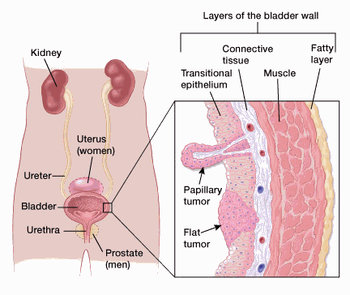
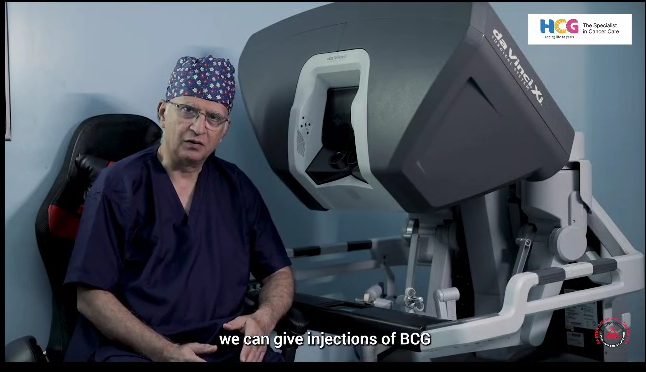
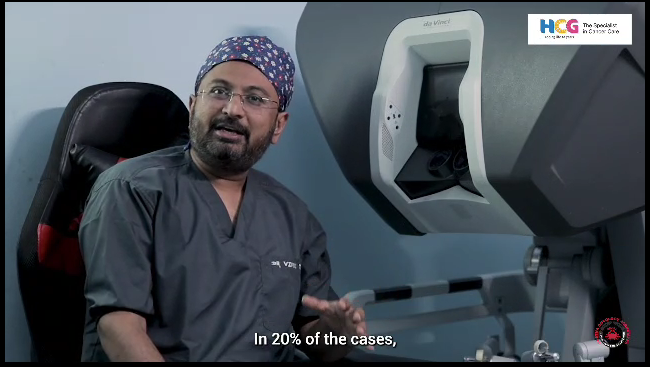
Bladder Symptoms
Bladder cancer causes mild symptoms that can come and go. These include:
- Blood in the urine, which makes your urine look pink or red
- Pain on the sides of your back or above your pubic area
- Pain when urinating, urinating often, or leaking urine
Bladder Investigations
Urine tests – Urine tests can show what kind of cells are in the urine.
USG Abdomen
These tests create images of the entire urinary tract, which includes the kidneys, ureters, and the bladder. They can show tumors or abnormal growths.
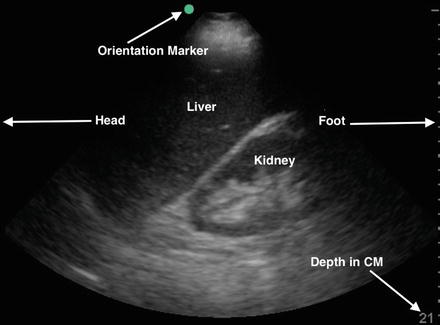
Cystoscopy
Cystoscopy is a procedure that allows the doctor to look directly inside the bladder. To do a cystoscopy, the doctor inserts a small tube into the urethral opening, the opening through which urine leaves the body. Then he or she pushes the tube up into the bladder. The tube has a tiny camera that projects images of the bladder onto a screen. If the doctor sees anything unusual, he or she might take a sample of tissue (called a biopsy) to look at under the microscope.
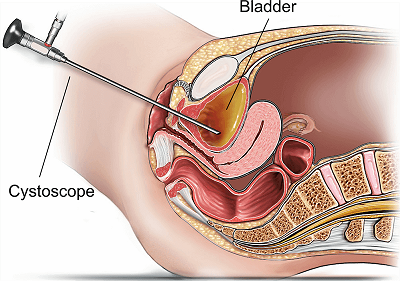
Transurethral Resection of Bladder tumour and Biopsy
If there is tumour in bladder, it is resected and sent for Biopsy. Biopsy will tell if
- There is cancer or not
- Grade of cancer
- Level of tumour invasion
CECT/ MRI/ PET scan
These tests are done to find out
- Local extent – how much of the bladder is involved, and if it is going outside bladder wall
- Regional extent – If the tumour is going into lymph nodes ( Lmph nodes are the glands which are normally present in body and are usually the first site to which the cancer goes.
- Distant extent – to see if the cancer has gone to other organs like liver/ bone/ lungs.
Bladder Staging and Treatment options
Non Muscle Invasive Bladder Cancer (Ta, T1) :
Low grade – Trans Urethral Resection of Bladder tumour (TURBT) with Intravesical immunotherapy/ chemotherapy.
High grade –
- TURBT with Immunotherapy
- Radical cystectomy is required if there are multiple tumours/ recurrent tumour
Muscle Invasive Bladder Cancer (T2/3) :
- Radical Cystectomy with B/L Pelvic Lymph node dissection with Urinary Diversion
- Chemotherapy may be added in certain cases
- Radiotherapy – may be given to non surgical candidates after Removal of bladder tumour transurethrally.
Locally Advanced/ Nodal disease (T4, N1) :
- Multimodality treatment including chemotherapy and Bladder Cancer surgery
Metastatic Bladder Cancer - Chemotherapy
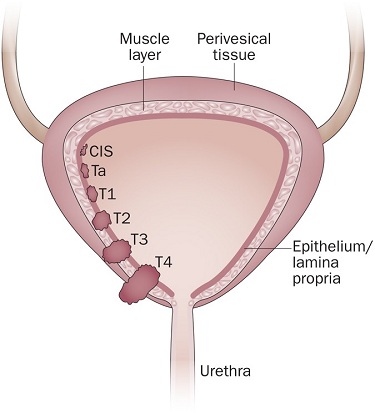
Radical Cystectomy
In Radical Cystectomy, whole of bladder is removed and urine is diverted through one of the following ways
ureters are connected to a tube that drains through a hole on the surface of the skin. This is called a stoma/ileal conduit. This is made from small segment of small intestine. People who have a stoma must attach a bag around the outside of the stoma to collect urine
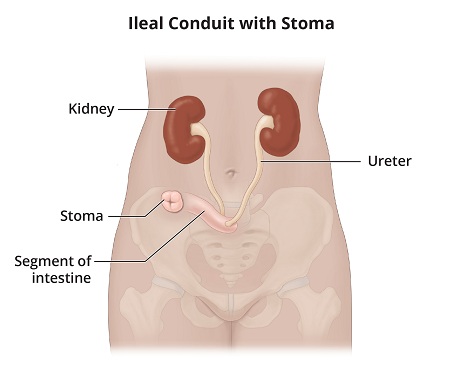
The ureters are connected to a pouch that collects urine and then connect it to the urethra. That way, urine can leave the body the same way it did before. (The pouch used in this procedure is basically a new bladder mad from around 50cm segment of small intestine. It is called as "neobladder".
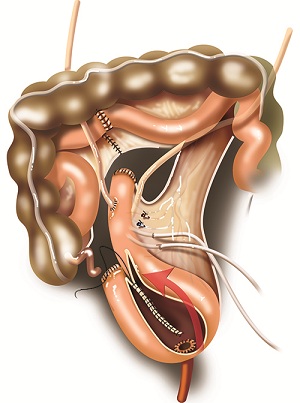
In few patients ureters are directly opened to the skin as a temporary measure as they are not fit for any of the above procedures.
